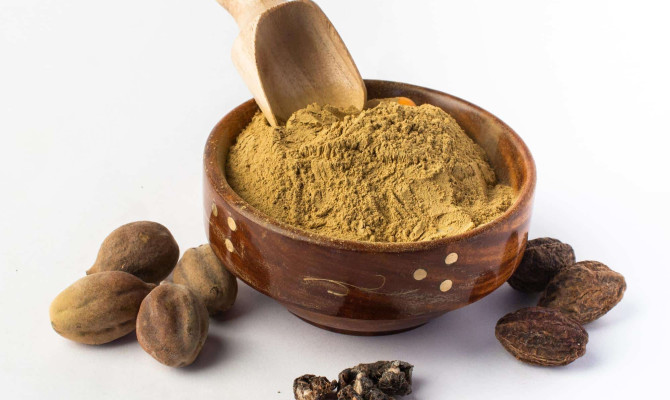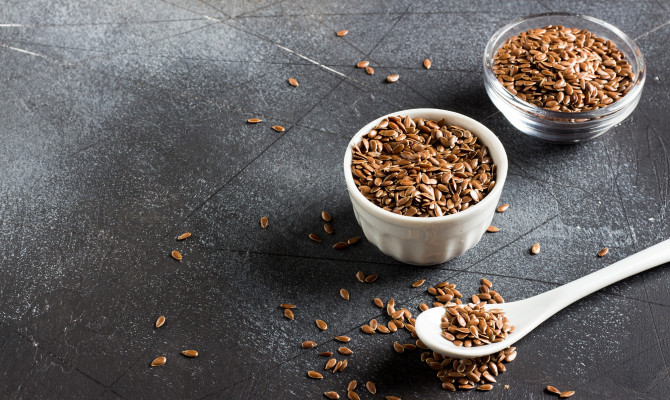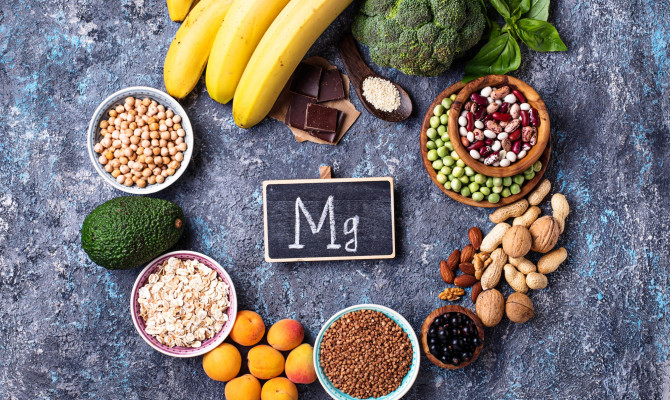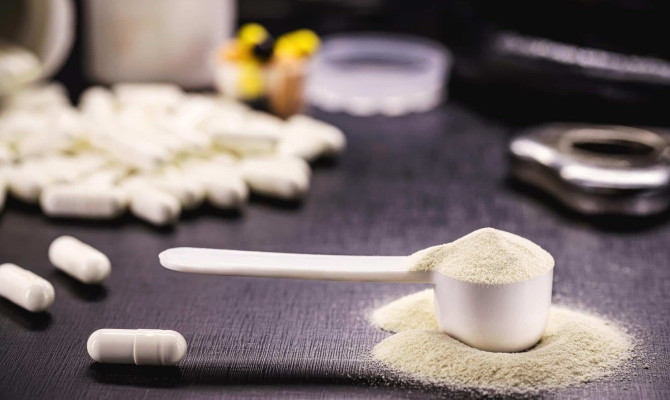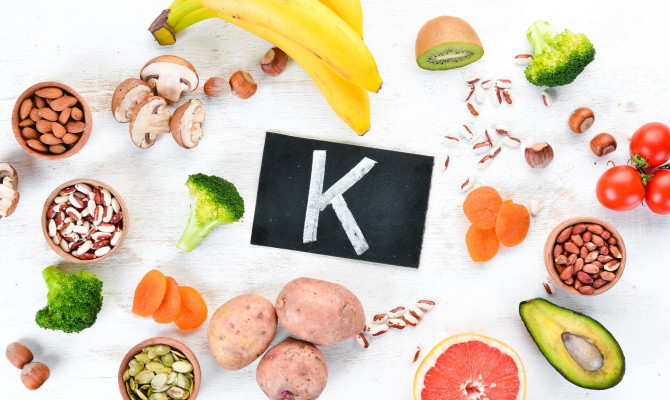Benefits of N-Acetylcysteine (NAC)

- N-Acetylcysteine
- 22 Aug 2023
Overview
What is N-acetylcysteine (NAC)?
N-acetylcysteine, or NAC, is derived from cysteine, a semi-essential amino acid, which implies that our bodies produce some of what we require, and some come from food.3Overview| Researched based study from Aafp.org NAC disintegrates into cysteine after being consumed, and cysteine is then transformed into glutathione. For a healthy immune system to function, detoxification, tissue creation, and repair, glutathione is a crucial antioxidant. The health advantages of NAC, adverse effects, safety issues, dosage, and drug interactions are all covered in this article.

Facts
- Other names: N-acetylcysteine, N-acetyl-L-cysteine, NALC, and NAC
- NAC is an FDA-approved medication with many different applications.
- The liver metabolizes it.
- Kidneys and feces can remove it from the body.
- The first patent for acetylcysteine was issued in 1960 and was first used in medicine in 19681Overview| Researched based study from Espacenet.com
- It is included in the list of Essential Medicines by the World Health Organization.2Overview| Researched based study from Who.int
Benefits

Benefits of N-acetylcysteine(NAC)
Following are some health advantages of NAC that are mainly brought about by an increase in glutathione levels in the body
Acetaminophen (Tylenol) poisoning
- Healthcare professionals use it as a medication to treat acetaminophen intoxication. It functions by binding the toxic acetaminophen forms produced in the liver.
Atelectasis
- Inhaling N-acetylcysteine in a prescription form may treat a condition where the lungs collapse entirely or partially due to mucus obstruction.
Lung diseases
- N-acetylcysteine may treat conditions such as cystic fibrosis, chronic bronchitis, and chronic obstructive pulmonary disease (COPD).3Benefits| Researched based study from Aafp.org People not currently taking corticosteroids appear to benefit from it the most.
Infections
- When taken orally, N-acetylcysteine appears to lessen influenza or flu symptoms.
Heart diseases
- May reduce the oxidative stress placed on the heart, lowering the chance of heart attack and stroke. When there is an imbalance of free radicals, it causes oxidative stress, which harms the cells and tissues of the body.
Angina or chest pain
- Chest pain appears to be reduced when N-acetylcysteine is administered intravenously or orally with nitroglycerin.
Hyperhomocysteinemia
- In hyperhomocysteinemia homocysteine levels in the blood are increased. N-acetylcysteine, an oral supplement, appears to lower homocysteine levels, which may indicate heart disease.
Hyperlipidemia
- Elevated blood fat or cholesterol concentrations.
- When taken orally, N-acetyl cysteine appears to lower levels of the blood fat lipoprotein(a) in individuals with high amounts of this blood fat.
Polycystic ovary syndrome (PCOS)
- NAC significantly raised PCOS-affected women’s ovulation and pregnancy rates. NAC has several.4Benefits| Researched based study from Nlm.nih.gov It also aids PCOS individuals who have insulin resistance.
Cancer
- Doctors treat some types of cancer with the help of NAC administration, and NAC can stop DNA damage caused by stress.
Other medical diseases
- Including ulcerative colitis, Parkinson’s, Alzheimer’s, and asthma, may benefit from NAC treatment.4Benefits| Researched based study from Nlm.nih.gov
Sources
Sources of N-acetylcysteine
Dietary sources of cysteine
The body can transform NAC into L-cysteine. As an alternative, humans can get L-cysteine from high-protein diets in the following ways
- Animal source – Eggs, meat like chicken and beef.
- Fish – Salmon.
- Dairy products like cottage cheese.
- Nuts and whole grains.
Supplementation
NAC comes in a variety of over-the-counter (OTC) forms, including –
- Capsules.
- Tablets.
- Soft gels.
- Powders.
- Effervescent tablets.
Many dietary supplements also contain n-acetylcysteine. N-acetylcysteine is a recognized medicine; hence utilizing it in supplements is prohibited, according to the FDA.
Deficiency
N-acetylcysteine deficiency
A cysteine deficiency is uncommon because it is produced by the body and in high-protein meals. However, it can happen to the following individuals
- Infants and older adults are at risk.
- Malabsorption syndromes.
- Malnutrition.
- People suffering from particular metabolic illnesses.
- A lack of cysteine can result from dietary deficiencies in vitamins B6, B12, folic acid, methionine, and s-adenosyl methionine (SAMe), essential for the body’s manufacture of the amino acid.5Deficiency| Researched based study from Restorativemedicine.org
- Vegans who consume little foods from plants high in methionine and cysteine may be in danger of insufficiency.
Side effects
Side effects of N-acetylcysteine
For the majority of individuals, N-acetylcysteine is safe. There may be some adverse effects when used in high doses. Some people find it challenging to put up with its unpleasant smell.6Side effects| Researched based study from Nlm.nih.gov
Its adverse effects when used orally include
- Dry mouth.
- Nausea.
- Vomiting.
- Diarrhea.
- Skin rashes.
- Itching.
When breathed via the nose
- Runny nose.
- Drowsiness.
- Chest tightness.
- Swelling in the mouth.
When given through IV
- May cause anaphylaxis6Side effects| Researched based study from Nlm.nih.gov
- Bronchospasm – airway obstruction.
- Low blood pressure.
Overdose
Overdose toxicity of N-acetylcysteine
NAC overdoses are uncommon; however, if they do occur, they will have the following effects
- Hemolysis.
- Thrombocytopenia.
- Seizures.7Overdose| Researched based study from Tandfonline.com
- Permanent brain injury.
- Metabolic acidosis.
- Acute renal failure.8Overdose| Researched based study from Nlm.nih.gov
- Death.
Precautions
Precautions related to consumption of N-acetylcysteine
Before taking NAC supplements, those with any of the following conditions need to use caution and consult a doctor
- Pregnant women – There is no proof that it damages the developing infant even though it crosses the placenta. But one should only use N-acetyl cysteine if the doctor recommends it.
- Breastfeeding mothers – N-acetyl cysteine use is not currently known to be safe in breast feeding mothers as there is not enough information. To be safe, stay away from using.
- Children – should not be given NAC unless recommended to do so by a doctor.
- Allergy – People allergic to NAC shouldn’t take it because it could make them sick. Especially by IV, anaphylaxis, a potentially fatal allergic reaction, can occur.
- Asthma – When taking NAC for asthma, exercise caution unless under a doctor’s care. When breathed or administered orally, NAC may cause bronchospasm.
- Bleeding disorders – NAC helps prevent blood clots and might increase the risk of bruising and bleeding in people with bleeding disorders.
- Surgery – People should take N-acetyl cysteine at least two weeks before any surgery as it can make the bleeding more likely.
Dosage
Dosage of N-acetylcysteine
The most typical dosage is 600–1200 mg daily, administered orally. However, there are various ways to give it, such as
- Through vein (IV).
- By inhalation.
Ask a medical expert what sort of medicine and dosage could be best for a particular ailment.
Interactions
Interactions of N-acetylcysteine
NAC may exacerbate or disrupt the effects of various drugs, including
Anti-anginal medications
- Due to their additional vasodilation impact, NAC may enhance the effectiveness of nitrate for angina which results in severe headaches.9Interactions| Researched based study from Ahajournals.org.org
Blood thinners
- NAC could make bleeding even worse when taken along with blood thinners. Do not consume NAC without a doctor’s approval.10Interactions| Researched based study from Drugwatcher.org
Antihypertensive medication
- NAC can cause extremely low blood pressure levels by further lowering it.10Interactions| Researched based study from Drugwatcher.org
Activated charcoal
- Supplementing with NAC might prevent it from working as it should10Interactions| Researched based study from Drugwatcher.org
Outlook
The Bottom line
Antioxidant NAC has the potential to lessen inflammation. Its supplementation may aid in reducing the signs and symptoms of several diseases, as discussed in this article. One should remember that most studies on NAC supplementation were conducted on a modest scale. It is well known for its capacity to restore glutathione levels and controls the crucial neurotransmitter glutamate. NAC also supports the body’s detoxification process. The advantages will require additional research. People interested in trying NAC supplements should speak with a physician first.
Any feedback on this article?
 This Articles content was accurate
This Articles content was accurate Very Informative Article
Very Informative Article I have a question or a comment
I have a question or a comment
 This article contains inaccurate content
This article contains inaccurate content This article was not helpful
This article was not helpful I have a question or a comment
I have a question or a comment
We appreciate your helpful feedback!
Checkout our social pages
References
-
Espacenet Patent search
Mucolytic-nu-acylated sulfhydryl compositions and process for treating animal mucus | Overview
-
World Health Organization
World Health Organization-Model List of Essential Medicines | Overview
-
American Academy of Family Physicians
N-Acetylcysteine: Multiple Clinical Applications | Benefits | Overview
-
National Library of Medicine
A Review on Various Uses of N-Acetyl Cysteine | Benefits
-
Association for the Advancement of Restorative Medicine
Cysteine | Deficiency
-
National Library of Medicine
N Acetylcysteine | Side effects
-
Taylor & Francis Online
Massive acetylcysteine overdose associated with cerebral edema and seizures | Overdose
-
National Library of Medicine
N-acetylcysteine overdose after acetaminophen poisoning | Overdose
-
American Heart Association
N-Acetylcysteine in Combination With Nitroglycerin and Streptokinase for the Treatment of Evolving Acute Myocardial Infarction | Interactions
-
Drugwatcher
Can NAC be Harmful to Your health? | Interactions














